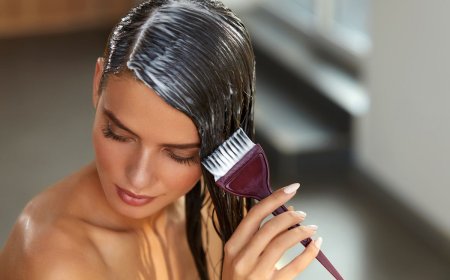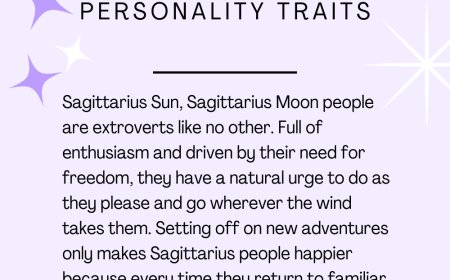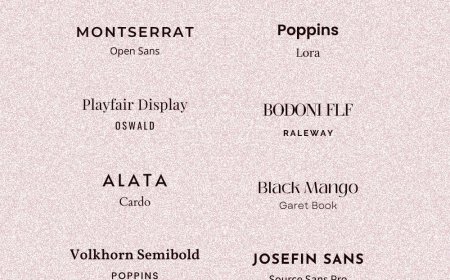King of Kings Fragrance: A Regal Scent for the Modern Royal
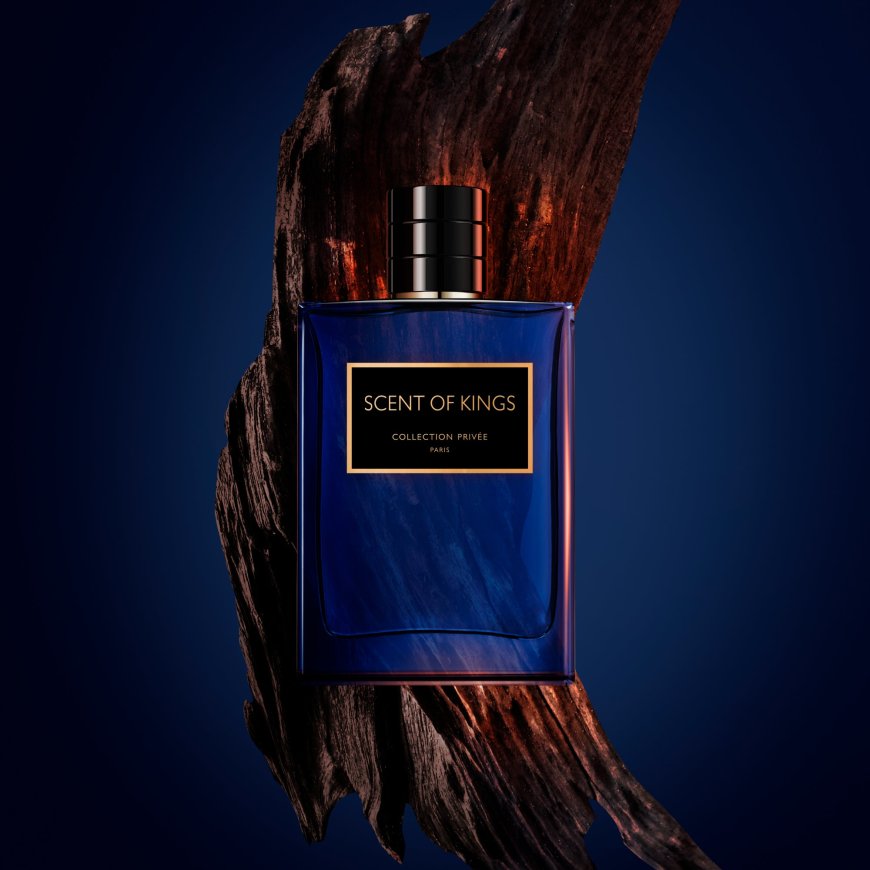
In the world of perfumery, few fragrances evoke a sense of grandeur and nobility as does the King of Kings fragrance. This luxurious scent comprises a complex blend that not only caters to modern aesthetics but also resonates with the regality of historical monarchs. In exploring the King of Kings fragrance, one uncovers ties to both tradition and contemporary interpretations of masculinity, thereby revealing the scent's dual nature of being both timeless and modern.
The concept of regal fragrances has frequently been intertwined with notions of power, authority, and prestige. This perfume serves as an olfactory embodiment of such attributes, making it an appealing choice for the modern royal, whether actually adorned in a crown or simply aspiring to a higher class of existence.
Throughout the following sections, this article will delve into the essential components that render the King of Kings fragrance an extraordinary olfactory experience, delve into the historical context of regal perfumery, and consider its place within contemporary society.
Understanding the Composition of King of Kings
The allure of any fragrance lies significantly within its composition. The King of Kings fragrance exhibits a masterful balance of diverse olfactory notes, effectively crafting a multi-layered experience. The top notes of this scent feature invigorating elements that generally denote freshness. Citrus resonates with a sprightly burst, reminiscent of opulent fruit harvested from royal orchards. Grapefruit might play a pivotal role, introducing a tart yet refreshing facet that captivates the senses. Other possible top notes could include bergamot or lemon, further enhancing the overall brightness and liveliness of the fragrance. As the fragrance unfolds, the heart notes emerge, introducing a much richer and deeper character. Floral elements such as jasmine or lavender could be combined with spicier undertones like ginger or nutmeg. These nuanced heart notes symbolize the complexity of royalty—beauty intertwined with resilience, thus creating a juxtaposition that is intriguing. The base notes round out the olfactory journey with more powerful, grounding elements. Musky, woody notes possess an almost primal quality that evokes the strength associated with kingship. Cedarwood or sandalwood, along with resinous undertones like amber, might render the scent both luxurious and enduring. This rich foundation ensures that the King of Kings fragrance maintains its presence throughout the day, leaving an indelible mark on those who encounter it.
The Historical Context of Regal Fragrances
Understanding the historical placement of fragrances within royal customs can illuminate the significance of scents throughout time. Ancient civilizations often regarded fragrances as sacred, using aromatic substances in various religious rituals, celebrations, and royal ceremonies. From the perfumed oils of ancient Egypt to the elegant eaux de parfum enjoyed in illustrious European courts, scents have historically been linked to nobility and faith. The connection between fragrance and power is profoundly rooted in the history of perfumery itself. Many rulers employed perfumers as personal consultants to craft unique aromas that could encapsulate their essence. For instance, figures such as Louis XIV of France are renowned for their lavish use of perfume, which became synonymous with their court’s opulence. Such practices demonstrate how scent has been employed not just as a personal adornment, but also as a symbol of authority and cultural identity. Furthermore, historical texts and accounts reveal that certain scents were reserved for the highest echelons of society. Ingredients like ambergris, musk, and rare florals were meticulously sourced and often expensive. Thus, the practice of fragrance-wearing among nobility served as both a statement of social status and a reinforcement of the aristocratic narrative.
Contemporary Perceptions of Regal Fragrances
As society navigates an evolving understanding of power and masculinity within modern contexts, the application of regal fragrances has adapted accordingly. Today’s interpretation of what it means to embody royalty can transcend traditional masculinity, embracing a more inclusive and diversified landscape. The King of Kings fragrance appeals to a wide demographic, symbolizing not only classical traits of strength and authority but also evoking emotional responses tied to self-identity and personal expression. The fragrance resonates with supporters of innovative and sophisticated grooming, offering a voice to individuals who are navigating their own arenas of influence, creativity, and self-confidence. Understanding scent as a potent tool of expression opens the door for individuals to redefine their essence. Wearing the King of Kings fragrance may signal an individual’s aspirations, whether that be in professional landscapes, interpersonal relationships, or within broader cultural dialogues. This evolution towards inclusivity signifies a departure from rigid definitions of masculinity, instead celebrating individual expression and the fluidity of identity. In addition, the marketing dynamics have shifted to meet a more conscious consumer base, merging consumerism with ethical responsibility. Brands producing regal fragrances now often emphasize sustainable sourcing and transparency. This stewardship not only preserves the integrity of ingredients sourced from nature but also encapsulates the modern ethos of honor and respect typically associated with royalty.
The Future of Regal Fragrances
As olfactory art continues to evolve, the future trajectory of regal fragrances, including King of Kings, appears promising. Innovative perfumers are likely to experiment further with uncommon and sustainably sourced ingredients, leading to new expressions of luxury that remain respectful of tradition while boldly pioneering new frontiers. Thus, as society gradually embraces the tenets of wellness and authenticity, the King of Kings fragrance stands as a testament to the enduring allure of regal perfumery. Whether one chooses to recognize beauty in the luxurious aspects of structure, power, or gender inclusivity, the scent serves as a bridge to diverse interpretations of who may wear it. In conclusion, the King of Kings fragrance exemplifies the exquisite culmination of rich historical legacy and innovative contemporary exploration. Its complex composition, however, serves not just as an invitation to indulge but rather as a call to reflect on the multi-faceted essence of modern royals, who navigate a world redefined by personal ambition, authenticity, and the ability to inspire through scent. The interplay of these elements not only transforms how we perceive fragrance today but also reinforces the notion that everyone, in their unique manner, can embody aspects of royalty, confidently carrying the regal spirit within their personal realms.
What's Your Reaction?
 Like
0
Like
0
 Dislike
0
Dislike
0
 Love
0
Love
0
 Funny
0
Funny
0
 Angry
0
Angry
0
 Sad
0
Sad
0
 Wow
0
Wow
0

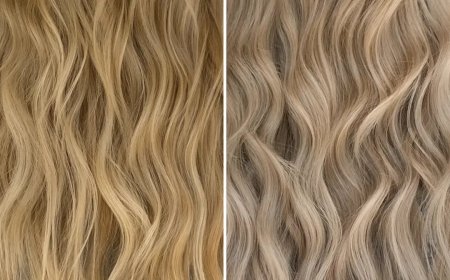
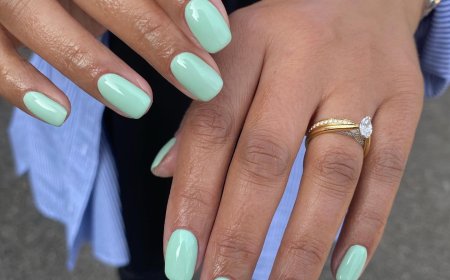
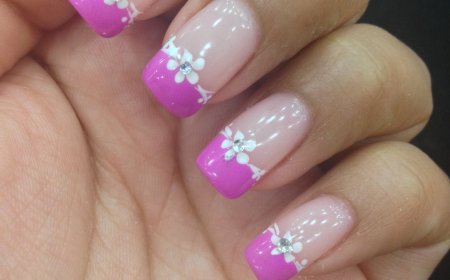





:max_bytes(150000):strip_icc()/drugstore-retinol-creams-tout-f76b9d2796e34eaa8376801c83fb1888.jpg)
